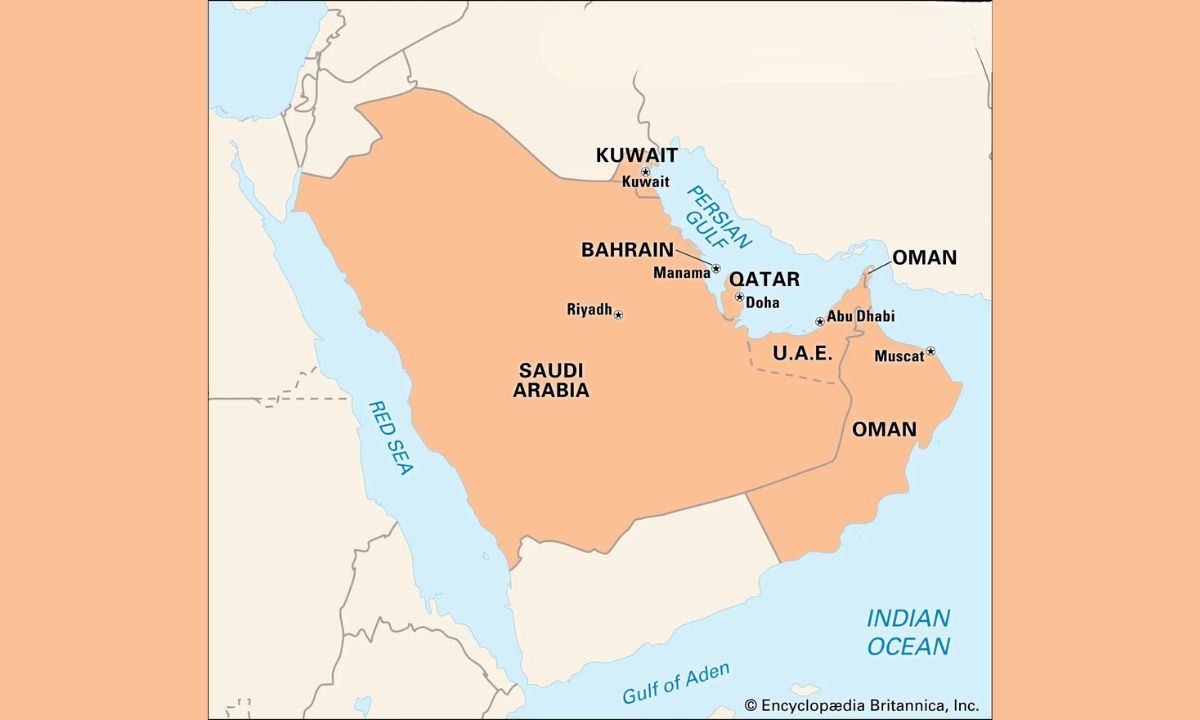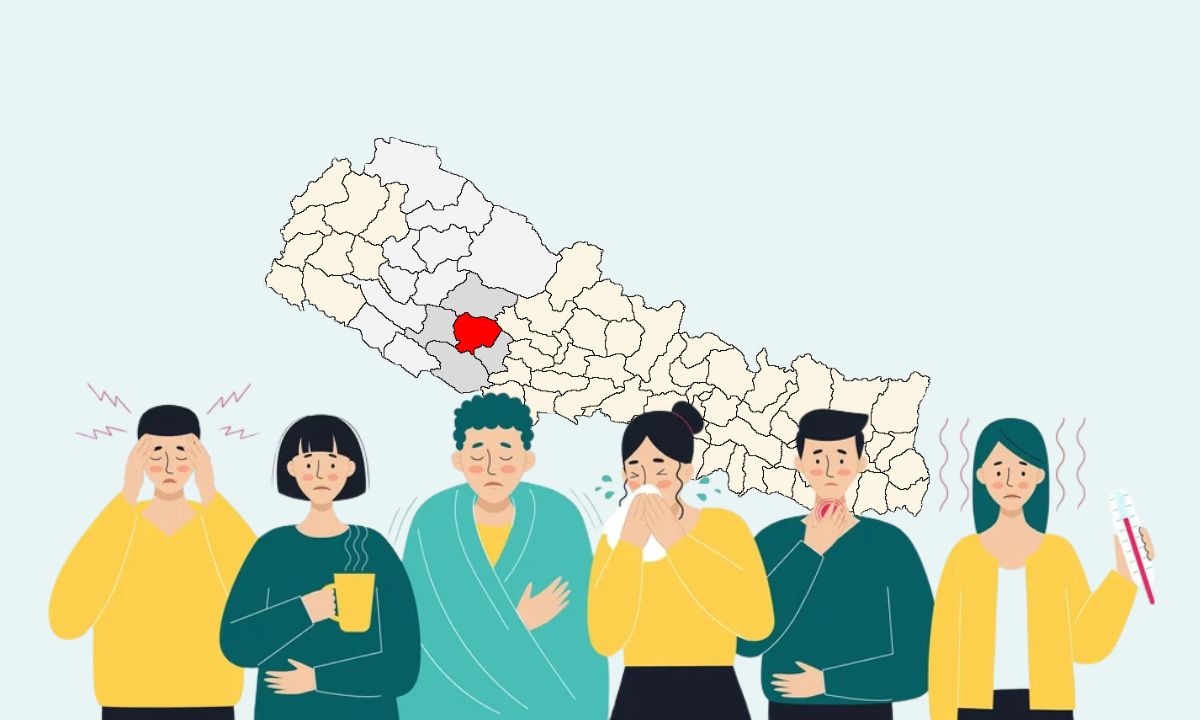Several Gulf nations have announced a ban on outdoor work during the daytime as extreme heat poses serious health risks to workers, especially in construction and outdoor labor sectors. Countries like Saudi Arabia, UAE, Qatar, Kuwait, Oman, and Bahrain have implemented time-based restrictions to prevent heat-related illnesses.

Temperature Risk in Gulf Countries
During summer, temperatures in the Gulf can soar up to 40°C (104°F) with humidity pushing it to a “feels-like” temperature of 55°C. This makes it extremely dangerous for workers to operate under direct sunlight.
What Are the New Work Bans by Country?
Each country has set its own schedule and penalties for violations:
| Country | Ban Period | Restricted Hours | Penalties |
|---|---|---|---|
| Kuwait | June 1 – Aug 31 | 11:00 AM – 4:00 PM | Fine of 100–200 Kuwaiti Dinars (~NPR 90,000); repeat violations lead to double punishment. |
| Oman | June 1 – Aug 31 | 12:30 PM – 3:30 PM | Fine of 500 Omani Riyals (~NPR 178,000); double if the worker is female; possible imprisonment up to 1 month for repeated violations. |
| Qatar | June 1 – Sep 15 | 10:00 AM – 3:30 PM | Partial or full closure of worksite for violations. |
| Saudi Arabia | June 15 – Sep 15 | 12:00 PM – 3:00 PM | Fines over 100,000 Riyals and potential 30-day worksite closure. Repeated violations will double penalties. |
| UAE | June 15 – Sep 25 | 12:30 PM – 3:00 PM | Fine of AED 5,000–50,000 per worker; companies may face suspension or license downgrade. |
| Bahrain | July 1 – Aug 31 | 12:00 PM – 4:00 PM | Up to 3 months jail; fines between 500–1,000 Bahraini Dinars. |
Worker Experiences Under Extreme Heat
Ramesh Waiba from Lamjung, currently working in Saudi Arabia, shared:
“It’s extremely hard to work in such heat. Although we get a 3-hour break in summer, the sun starts burning from early morning. Sometimes, workers faint—while arriving at work, while working, or even in the evening.”
Similarly, Bhim Bahadur Thapa from Jhapa, working in the UAE, noted:
“There’s no tree, no shade—just rocks and mountains. It’s over 50°C. Even standing still feels unbearable. But we must work, no matter how hot.”
Human Rights Watch Raises Concerns
Human Rights Watch (HRW) has criticized Gulf countries for weak enforcement of heat safety rules. Their report warns of heat strokes, dehydration, organ damage, and other health risks if better protection isn’t enforced.
HRW recommends the use of Wet Bulb Globe Temperature (WBGT) standards to regulate outdoor work and urges all Gulf countries to adopt occupational heat safety policies.






